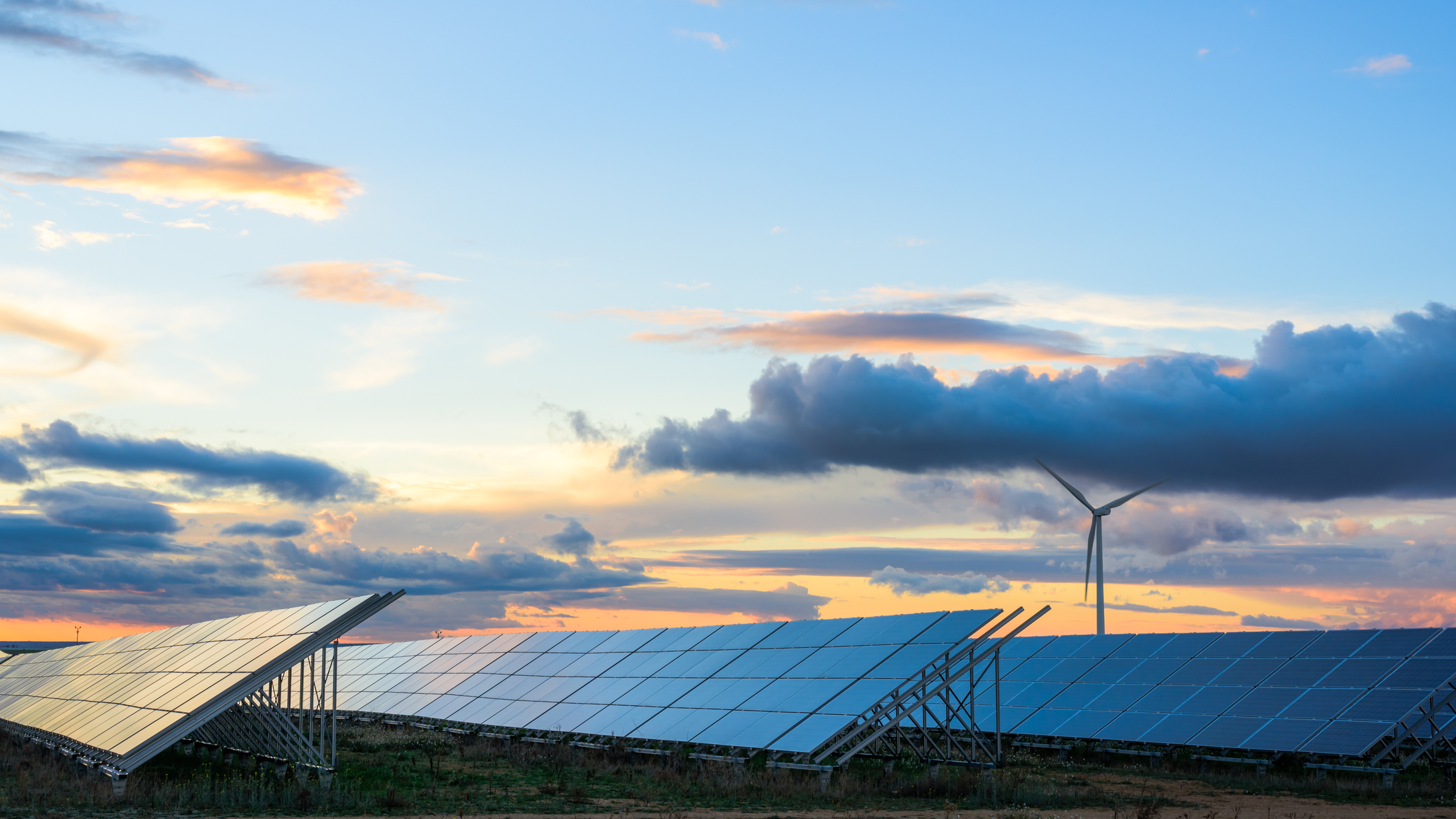CLIMATE
Recap: The End of Capitalism?
Our last Short Cut was about Ulrike Herrmann's book and the question of whether green growth is possible.
BY
DAVID KLÄFFLINGPUBLISHED
28. FEBRUARY 2023READING TIME
3 MIN
The world is characterised by radical uncertainty, which is why longer-term forecasts of the future are often far from reality. This is particularly problematic in view of the climate crisis, where actions taken the day before yesterday will still have an effect the day after tomorrow.
Do we all have to drastically cut back in order to still save the climate? Yes, writes the journalist Ulrike Herrmann in her book about the “end of capitalism” – because we can no longer generate enough renewable energy to maintain today’s economic output. Yet the question is quite controversial among experts. That is why we discussed these questions in our last New Economy Short Cut: with the author Ulrike Herrmann, the columnist and HAW professor Christian Stöcker, and the Würzburg macroeconomist Peter Bofinger.
Urlike Herrmann began by briefly presenting her most important theses from the book. It is true that capitalism has led to massive gains in prosperity through industrialisation and, as a dynamic and adaptable system, is responsible for global growth. However, the flip side of this process is the destruction of the climate, which is why capitalism, with its compulsion to grow, will reach its limits in a finite world.
The central thesis of the book is that it is not possible to replace fossil energies with green energies such as solar or wind power. Only a small part of the total primary energy consumption is currently covered by renewables. Although decoupling is theoretically possible, it will not be enough to achieve the climate goals because technology cycles take too long. Therefore, there is no time to prevent climate catastrophe through green growth before tipping points are reached. In order to put the German economy on a climate-neutral path by 2040, it would have to shrink.
Obstacles such as technical problems in the intermediate storage of energy, sufficient land for the expansion of wind farms, and the transport of green hydrogen, together with enormously high energy costs, would lead to an end of economic growth, and thus to the end of capitalism. The title of her book is not a normative one, but claims to be a sober description of the facts. If one follows this description of the facts, the relevant question is no longer how to design green growth most efficiently, but green shrinkage.
Herrmann’s answer to this question is to take the British wartime economy in the 1940s as an example, where radical shrinkage of the private economy was achieved through state control and rationing. She cites the water shortage in Germany as an example of possible rationing. If water became scarce, everyone would only be interested in the state.
What is already clear: the first commodity in Germany that will be rationed is water. The periods of heat and drought will become more frequent. Germany will not become a desert, but water will become scarce. Then everyone will be in the hands of the state - no one will be interested in markets, in prices, in the free play of forces. The state will then also decide and allocate litres, physical quantities, which is then de facto rationing.
Central criticism by Christian Stöcker was that the discussion should be about how capitalism can be used today to achieve the climate goals, and not about a possible economic system that we might run in 80 years. Moreover, growth has been viewed too one-dimensionally. Human welfare has always been more than the gross domestic product and the question should therefore be what should grow and for what purpose.
Even the inventor of GDP, Simon Kuznets, said: Whoever calls for growth should always say what should grow and for what purpose. At the moment, we do not distinguish between muscle growth and cancer.
Similar to Christian Stöcker, Peter Bofinger also criticised that a decoupling of economic growth and climate-damaging emissions is very much possible. Both emphasised the rapid and exponential growth in the field of renewable energies, which could now gain additional momentum through the Inflation Reduction Act in the USA. For the necessary speed, however, in addition to state support, pressure from markets and capitalism is necessary to bundle sufficient resources for the development and expansion of green technologies. According to Bofinger, the climate crisis does not have to be solved with today’s technology and green energy does not necessarily have to be produced in Germany. He stressed that a European perspective was important.
It is a European concern to make this European. If I were to criticise one thing about the Federal Government, it is that it always gives the impression that we have to build every wind turbine in Germany. What we need is a European strategy. Whether it will be enough in the end, I don't know, but the potential is there.
The main point of disagreement was whether the energy consumption of a growing economy could be covered by green technologies. While Ulrike Herrmann was critical of this possibility, Christian Stöcker and Peter Bofinger said yes. They agreed that renewable energies should be expanded as quickly as possible. Whether it will be enough for green growth in the end or not remains to be seen.
